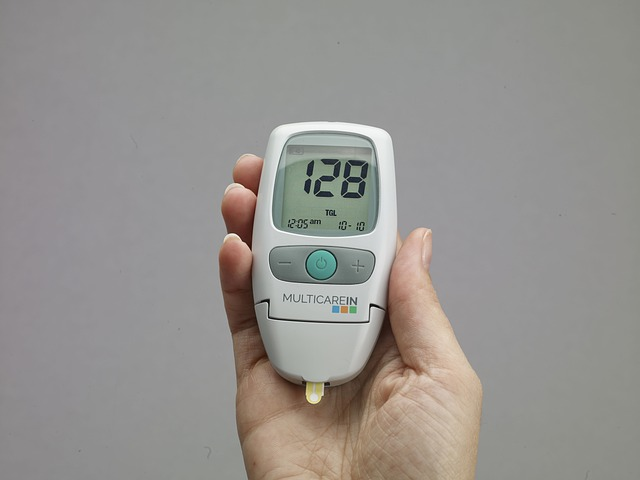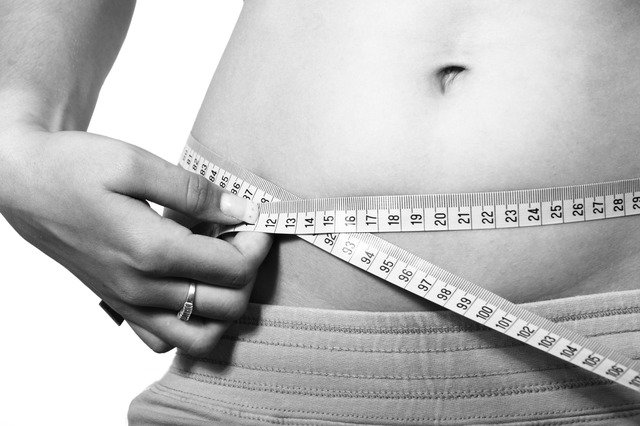Can you reverse type 2 diabetes?


Suppose you know someone suffering from diabetes mellitus, a metabolic illness marked by abnormally high blood sugar (glucose). In that case, you may be asking if there is a chance of a cure.
While there is no treatment for diabetes in general, you can reverse it and restore a healthy blood sugar level. It is referred to as remission.

In persons with type 2 diabetes, remission implies that their sugar levels are normal without the need for diabetes medicine.
Patients with type 1 diabetes cannot go into remission. However, our experts are working hard to figure out how this can be achieved and develop novel medications. Some persons with type 1 diabetes can reintroduce part of their insulin production with islet transplantation.
Diabetes remission is a relatively recent concept. It will require extensive research before we comprehend it entirely. We lack sufficient evidence to conclude that remission is durable. We must maintain it, and diabetes can recur in many situations. It is therefore critical to keep your diabetes consultations while still in remission.
The best finding demonstrates that losing weight is the primary way to remission diabetes.
If you are obese, you have a better chance of remission if you shed a fair bit of weight – 15kg (or 2 stone 5lbs) – as soon as feasible and carefully following your assessment.
Suppose you do choose to begin rapidly losing weight to move toward remission. In that case, it is critical to consult a medical professional first to ensure that this is the best course of action for you. Additionally, before you begin reducing weight, you may need to lessen or discontinue any drugs – insulin or sulphonylurea.
Sudden weight reduction is not recommended if you are an average weight, under the age of 18, pregnant, nursing, or have been labelled with an eating problem in the past.
To appreciate how lowering weight can assist someone in entering remission, it's necessary to know why being overweight can result in type 2 diabetes.
If somebody is overweight around the midsection, fat can accumulate around vital organs such as the liver and pancreas. It impairs the ability of those organs to function normally, resulting in type 2 diabetes.
However, not everybody diagnosed with type 2 diabetes is obese. Other variables, including our age, ethnic origin, and family medical history, all contribute to our risk of becoming type 2. These factors affect how the liver and pancreas function and where we adipose fat.
While we cannot change such factors, we can usually alter our weight.
Losing weight has numerous advantages, even though it does not result in remission. Obesity increases the risk of developing significant health problems such as heart disease, stroke, and some malignancies. According to research, decreasing merely 5% of your body weight can:
blood pressure and cholesterol levels should be brought down
to increase glucose levels in your blood.
Additionally, you may require fewer drugs.

There is much that we are still attempting to comprehend. For instance, we do not yet understand whether all people with type 2 diabetes can achieve remission.
Remission seems more possible if you reduce weight quickly after being diagnosed with diabetes. However, we believe that some people could go into remission 25 years after being diagnosed with diabetes.
To stay healthy, you need to be in remission. People who lose weight and are in remission also help maintain their blood pressure and cholesterol, which is good for them.
It is typically associated with a reduced risk of having severe issues with your eyes, feet, or heart. People who keep their blood sugar and blood pressure levels in a healthy range are usually less likely to have problems. Isn't it possible that remission will do the same thing?
Remission may cut down on the number of side effects, but we don't know enough to say for sure. To ensure that any new problems can be kept track of and treated correctly, you need routine checkups even if you're in remission and your blood glucose levels are in good shape.
We do not use "cure" when referring to blood glucose levels returning to values below the diagnostic threshold, as "cure" could be interpreted as entirely easing the illness. Antibiotics, for example, may be recommended to heal an acute illness associated with infectious infections such as bronchitis. However, because blood glucose levels are continuous and are highly related to weight in type 2 diabetes, it is noted that when weight loss occurs, glucose levels may return to the range associated with a diabetes diagnosis. As a result, the proper term is "remission."
Type 2 diabetes is a degenerative disease. We previously believed that weight loss or other therapies could enable persons with type 2 diabetes to achieve and maintain nondiabetic blood glucose levels for an extended period without medication. However, we now understand that persons with type 2 diabetes can achieve remission if they lose a large amount of weight and reduce other risk factors for diabetes.
With continuous weight loss, individuals may remain in remission for an extended time. However, if they gain weight, their blood glucose levels may rise and return to the diabetic range. They may require diabetes drugs or even insulin if they gain weight, depending on their type 2 diabetes severity and their ability to control their glucose levels.
A low-carb diet can be a great way to manage your diabetes. While there is no one perfect way to eat for every person with diabetes, many people find that a low-carb diet helps them to manage their blood sugar levels and lose weight.
There are a few different ways to approach a low-carb diet, but all involve eating fewer carbohydrates than you would on a standard American diet. One popular method is the Atkins Diet, which involves eating very few carbs while focusing on high-protein foods. Another approach is the South Beach Diet, which allows for some carbs but limits others.
Whichever method you choose, you'll need to make sure that you're getting enough fibre and protein in your diet. You should also limit your intake of saturated fats and sugar. These changes may sound difficult, but with a little planning, you can make them work for you.
If you're not sure where to start, talk to your doctor or a registered dietitian. They can help you create a plan that's right for you.

Fasting is an age-old practice that has been used for both religious and health purposes. In recent years, there has been a resurgence of interest in fasting as a tool for managing diabetes.
While fasting is not right for everyone, it can be a helpful way to control blood sugar levels for some people with diabetes. When done correctly, fasting can help you lose weight, lower your A1C level, and reduce your risk of heart disease and other complications.
If you're considering fasting, talk to your doctor first to make sure it's safe for you. They can help you create a plan that will fit your needs and help you avoid any potential risks.
Intermittent fasting is a type of eating pattern that involves cycles of fasting and eating. It can be an effective way to lose weight and manage diabetes.
When done correctly, intermittent fasting can help you to:
- Lose weight
- Lower your A1C level
- Reduce your risk of heart disease and other complications
If you're considering intermittent fasting, talk to your doctor first to make sure it's safe for you. They can help you create a plan that will fit your needs and help you avoid any potential risks.
Making lifestyle changes is an important part of managing diabetes. These changes can be difficult, but they're worth it for your health. Talk to your doctor about what changes you should make and how you can best stick to them. With a little effort, you can manage your diabetes and improve your overall health.
Bariatric surgery is a type of weight-loss surgery that can be an effective treatment for people with diabetes. The surgery works by changing the way your digestive system processes food, which can lead to significant weight loss.
There are several different types of bariatric surgery, and the one that's right for you will depend on your individual situation. If you're considering this type of surgery, talk to your doctor to see if it's an option for you. They can help you understand the risks and benefits, and make sure you're making the best decision for your health.
Final thoughts
To begin, you must highlight the critical nature of blood glucose control to reduce the problems of type 2 diabetes, regardless of how much the patient is on medication or not. Glycemic management is critical for minimising the risk of the issues. It would be best to discuss it with the patient along with a goal. This typically entails recommending patients maintain an A1C level of 7% or less to avoid eye, kidney, and nerve issues. While drugs are incredibly efficient at lowering blood glucose levels, lifestyle modifications are a critical component of diabetes management. A balanced diet that results in weight decrease lowers blood glucose levels and may help reduce risk factors for cardiovascular disease.
Additionally, patients should understand that obesity contributes to elevated blood glucose levels due to insulin sensitivity. The more weight patients gain, the more medication they may require. They must realise that losing weight and increasing their body's effectiveness may need less medicine. Inform your patients that by losing enough weight, especially in the early stages of type 2 diabetes, they can considerably reduce their sugar levels, reduce their chance of developing diabetes complications, and possibly achieve remission.
To learn more about diabetes, see our information page here.
To see our Diabetes Tests, click here.
For a full range of blood tests and medications, visit our Welzo Online Pharmacy Page. For more details, click here.
References:
https://www.everydayhealth.com/diabetes/reversing-diabetes/










Plus get the inside scoop on our latest content and updates in our monthly newsletter.